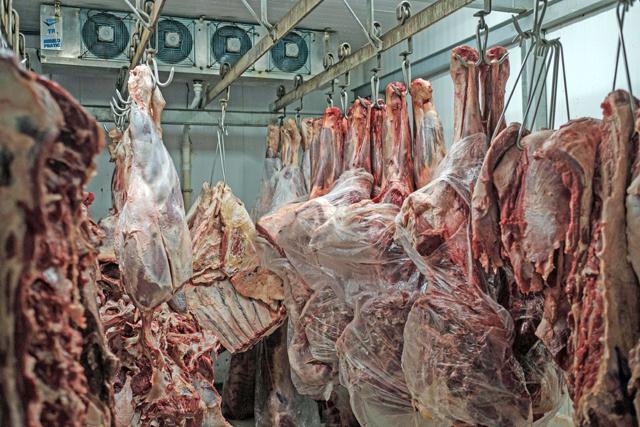Research on the impacts of the EU-Mercosur trade negotiations

Research on the impacts of the EU-Mercosur trade negotiations
Author : Thomas Fritz
Contact : info@thomas-fritz.org
1 December 2017
Executive Summary
• The EU’s tariff rate quotas offering increased market access to Mercosur exporters have been the main bone of contention throughout the EU-Mercosur negotiations. However, the highly mediatized quota conflict obscures the fact that Mercosur already exports huge amounts of agricultural commodities to the EU. In important product groups such as soybeans, beef and poultry Mercosur exporters have become the EU’s dominant suppliers.
• Although the precautionary principle is legally enshrined in EU law, the consolidated text of the Mercosur agreement does not provide adequate provisions protecting its application. This of particular concern, first, due to the huge amount of Mercosur agricultural exports destined for the EU market, and second, because of the fact that some of the main export products are controversial, such as genetically modified soybeans.
• The proposals found in the draft SPS chapter of the consolidated texts may compromise regulations aimed at improving private standards (e.g. GlobalGAP, Roundtable on Responsible Soy, Bonsucro) if these have an impact on trade.
• The draft consolidated text of the Mercosur agreement contains only very weak language on cases where parties apply measures deviating from international standards. This could affect, inter alia, approval processes of herbicides such as glyphosate or deviations from recommended maximum residue levels (MRLs) for pesticides.
• The JBS scandal revealed severe and systematic shortcomings of the animal health controls in Brazil. Despite the alarming findings of the Commission’s DG SANTE, the EU proposes provisions in the Mercosur agreement aimed at fast-tracking, rather than improving, the bilateral system of animal health controls.
• The draft chapter on Technical Barriers to Trade (TBT) may affect important health, environment and consumer protection measures, such as labelling schemes providing information on nutritional values, food additives, pesticides or GMOs. In particular, the TBT rules may frustrate attempts to introduce regulations requiring labelling of products obtained from animals fed with GMOs.
• In addition, the TBT provisions on regulatory cooperation could stimulate processes triggering a downward spiral weakening environmental and health regulations. This concern might also be nurtured by specific clauses enabling business lobbyists to participate in official decision making on technical regulations.
• The draft chapter on government procurement obliges governments purchasing goods and services to competitive transatlantic tendering above certain thresholds. Contrary to Mercosur proposals, the EU wants to cover all levels of government, including entities at the regional and municipal level like local authorities or public schools.
• Due to its weak provisions on environmental and health protections, the procurement chapter could frustrate programs acquiring locally produced food aimed at supporting family farms, organic agriculture or healthy low-meat diets.
Read the full analysis here (pdf)
Read the assessment of the trade and sustainable development chapter here





